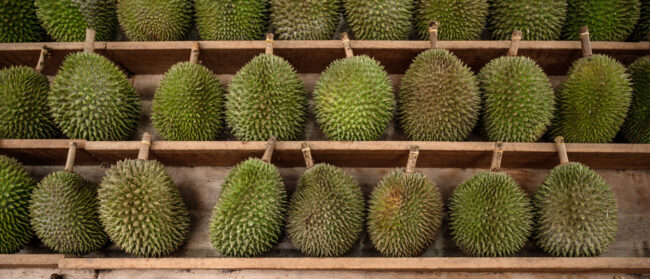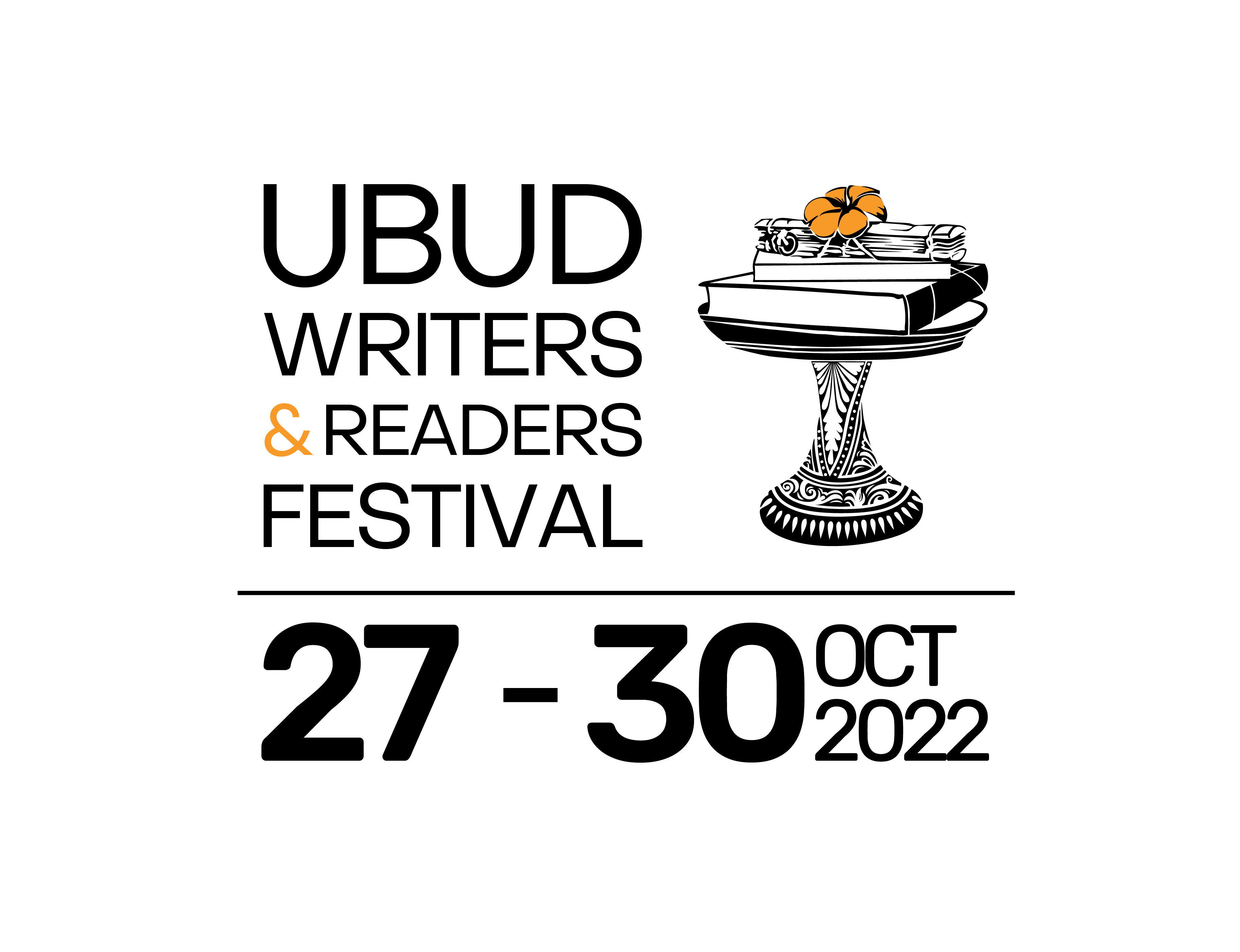
Fight for truth: battling false and misleading information in Southeast Asia and beyond
After a two-year Covid-19 hiatus, the Ubud Writers and Readers Festival will be kicking off on 27 October, in Bali, Indonesia. Over four days the festival will host dozens of events, with disinformation and misinformation being just one example of the important issues being tackled

From cries of “fake news” in the United States and Brazil to the Marcos family’s return to power in the Philippines, the growing role of misinformation and disinformation in the global political landscape is a very real concern. The spread of deliberately deceitful and unintentionally misleading information touches nearly every aspect of life in our digitally saturated world and has implications on public health, freedom of speech and democratic institutions. In Southeast Asia, where a high percentage of people rely on social media for their daily news, the risks associated with misinformation and disinformation are particularly acute.
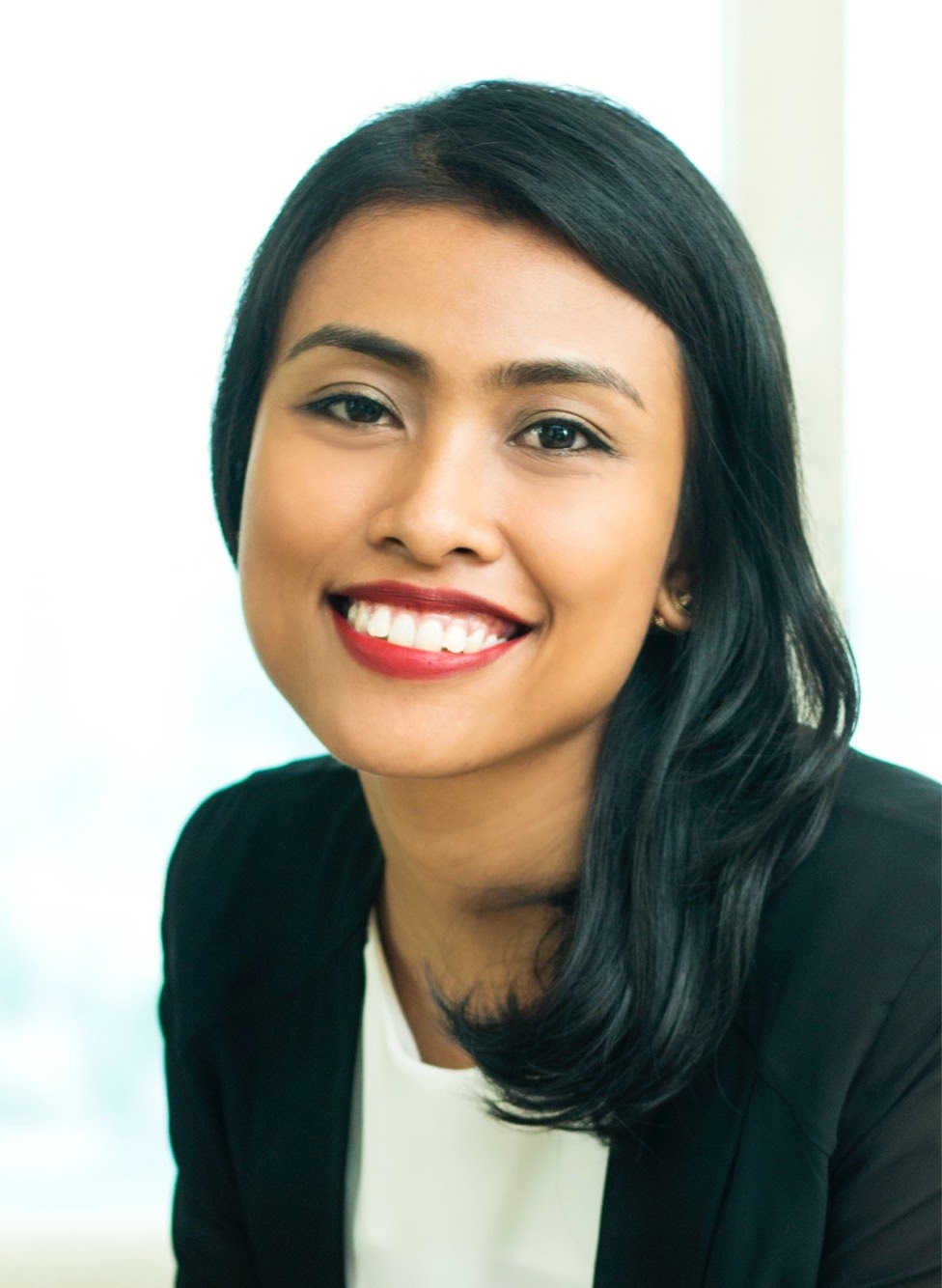
So, it makes sense that this subject has been given space for discussion and analysis at the 19th annual Ubud Writers and Readers Festival. A major event for the non-profit Yayasan Mudra Swari Sarawati, the festival brings together authors, journalists, academics and artists for four days of workshops, book launches and discussions.
With the theme of Memayu Hayuning Bawana, representing an Indonesian philosophy of caring, protecting and beautifying our universe, this year’s event is centred around humanity’s capacity to strengthen the ties between individuals and our world.
A panellist for The Causes and Consequences of Disinformation and Misinformation program, Prodita Sabarini is a media director, public communications trainer and the publisher of non-profit news publication, ‘The Conversation Indonesia.’ With firsthand experience of the challenges and dangers posed by misinformation and disinformation in the Southeast Asian context, Prodita will be joined by researcher Lydia Khalil, and fellow journalists Tito Ambyo and Andreas Harsono to discuss how false information is shared, the motives behind it and how to push back against this troubling trend.
The Globe spoke with Prodita about misinformation and disinformation, their implications in Southeast Asia and the ways that governments, companies and civil societies can combat so-called “fake news.”
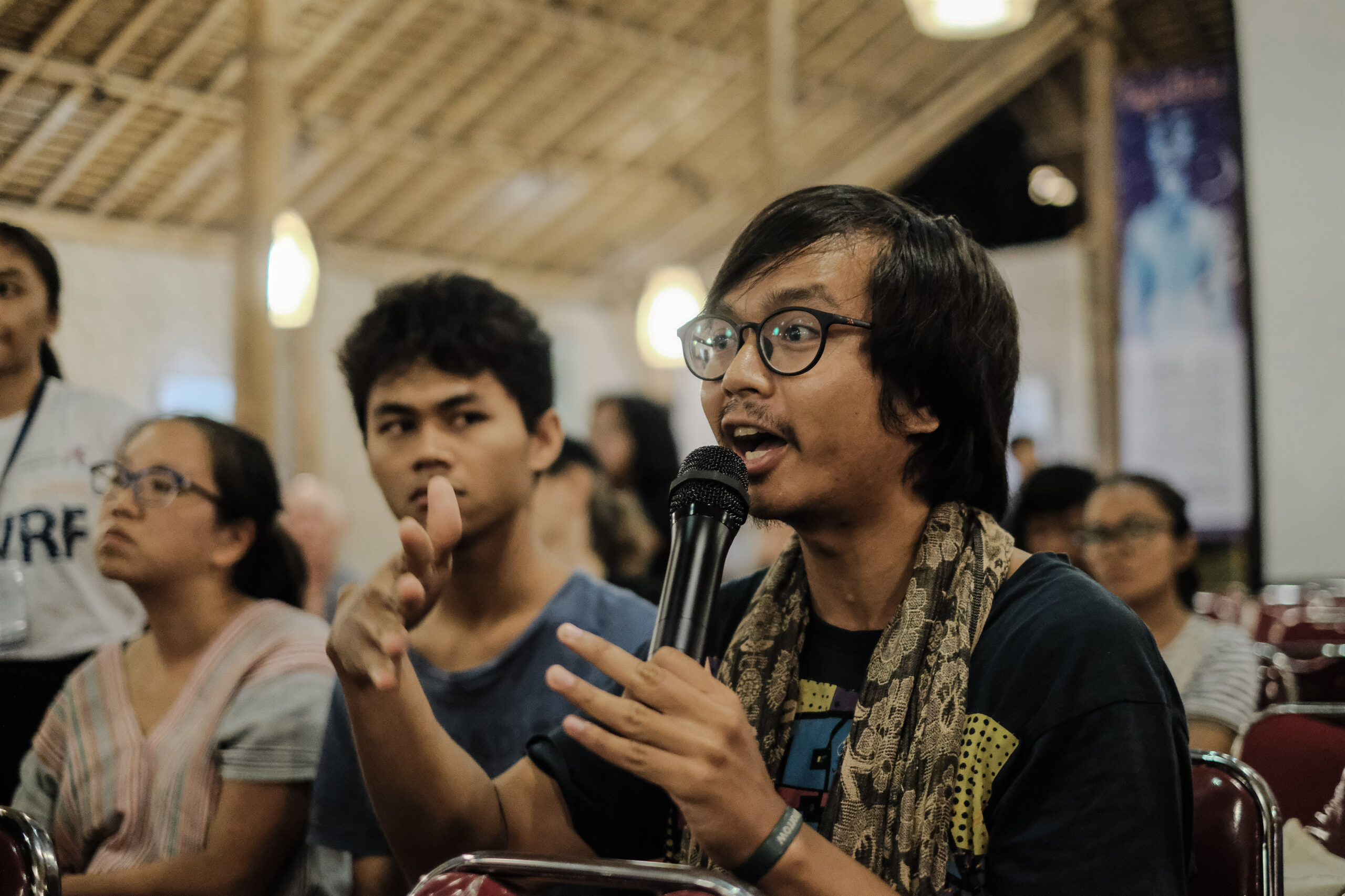
What drew you to participate in this particular event in the festival? Have there been any instances of misinformation and disinformation in your work that have been particularly concerning?
I am interested in engaging in a conversation with fellow panellists Tito Ambyo and Lidya Khalil and moderator Andreas Harsono to hear and learn from their perspectives on the issues relating to disinformation and misinformation.
I’ve seen misinformation and disinformation at work in my personal life. Like many individuals in Indonesia and Southeast Asia, I see misinformation and disinformation being shared in friends and family WhatsApp groups. Just recently, one of my family members asked about an edited and modified video of a political commentator, who on that video, seemed to share information that the government is letting a Chinese military invasion into Indonesia. In fact, the original video by the political commentator was trying to debunk that conspiracy theory.
A couple of years ago, a community group that I initiated to publish essays reflecting on Indonesia’s 1960s anticommunist purges, Ingat65, became a target of disinformation. Pictures of our volunteers were edited and labelled as neo-communists. It served to intimidate our volunteer editors and writers and also stigmatise our community group since there’s still a spectre of communism in Indonesia.
In Southeast Asian countries, where social media is a prevalent platform for absorbing news content, do you think there is an increased vulnerability to the spread of misinformation and fake news online?
Definitely. Ross Tapsell, a researcher from ANU analysed the social media landscape in Southeast Asia and highlighted that the fact that the majority of Southeast Asians access the internet only through mobile phones shapes the way we consume information. Less long-form deep explanatory articles and more short videos or texts, which can be shared on social media platforms like Twitter, Facebook, Instagram, and WhatsApp
But, having said that, I think the problem of misinformation and fake news is shared across the globe. In the US, Russia’s interference influenced the 2016 elections. In Latin America, Andres Sepulveda, a convicted hacker, confessed to working to influence elections in Colombia, Mexico, Guatemala, Honduras, Costa Rica and other countries. In Africa, WhatsApp is rife with disinformation that incites violence or spreads hate speech.
What do you think are the main motivations behind the spread of online misinformation in Southeast Asia?
I think in many cases the main motivation is to control narratives, manufacture consent, and influence an outcome. The intended outcomes could be creating an illusion of public support over controversial and repressive policies, influencing election outcomes by spreading false information about political opponents, motivating people to turn up and vote against the opponent. In the end it has become a tool to secure power and control.
Southeast Asian governments, including recently Indonesia, have increased planned crackdowns on digital platforms, enforcing the removal of content deemed “unlawful or as disturbing public order.” How does this government intervention impact the fight against misinformation and increase government censorship?
Misinformation and disinformation are real problems. And it’s clear that governments are often perpetrators of the weaponisation of social media themselves. So, we must be sceptical of government interventions under the pretext of preventing the spread of misinformation and disinformation. As you mentioned, this is a move towards increased government censorship and can be used against individuals and organisations who are genuinely expressing legitimate criticism.
What role do misinformation and disinformation play in your everyday professional life as a media director and publisher?
My work as CEO and publisher of ‘The Conversation Indonesia’ attempts to support and enable experts to share their research findings, analysis, and ideas to the general public in order to improve the quality of public debate in Indonesia and the region. We publish in Indonesian and English and the idea is that injecting trusted information from experts into our digital information ecosystem through our website, email newsletters, and social media channels will provide the public with access to trusted information and act as a counterpoint to their exposure to misinformation and disinformation through various platforms.
Our editors follow the development of the body of research relating to misinformation and disinformation and commission expert authors to share their findings, analysis, and tips to deal with misinformation and disinformation with the public on our website.
What accountability/responsibility do you think falls on the press to tackle the spread of misinformation?
Journalists and news media organisations must always seek to verify any information they gather from various sources and avoid spreading misinformation themselves. This means being careful in using information sourced from social media, seeking to confirm with owners of social media accounts and verify the veracity of the content.
Many journalists and media organisations and media associations have developed fact-checking teams to debunk misinformation and disinformation in social media platforms. I think this work should continue, but it’s not enough due to the ubiquity of the misinformation and disinformation online; it would be impossible for the press to check each one of them.
Another thing news media organisations must do is to monitor and report about serious misinformation and disinformation events and actors. They should work with political scientists and media researchers to investigate, unearth and report about the weaponisation of social media.
They should also continuously share research-based tips on detecting misinformation and disinformation, especially in important moments such as elections, to ensure the public have increased media literacy and resilience when exposed to misinformation and disinformation. Additionally, they should educate themselves about the latest research around this issue and report on possible solutions.
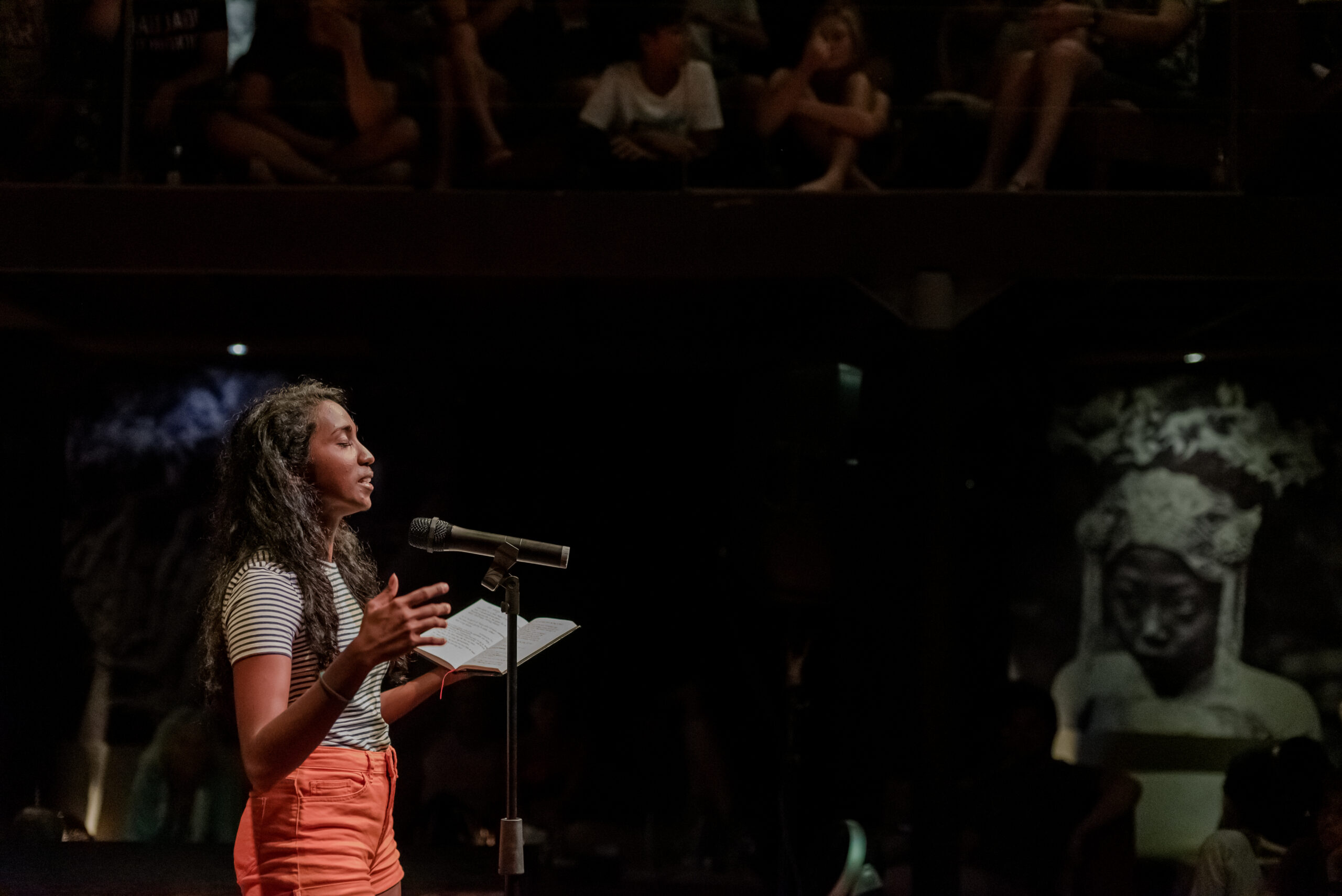
For additional information, the complete event schedule and tickets to this year’s Ubud Writers and Readers Festival, read more.
